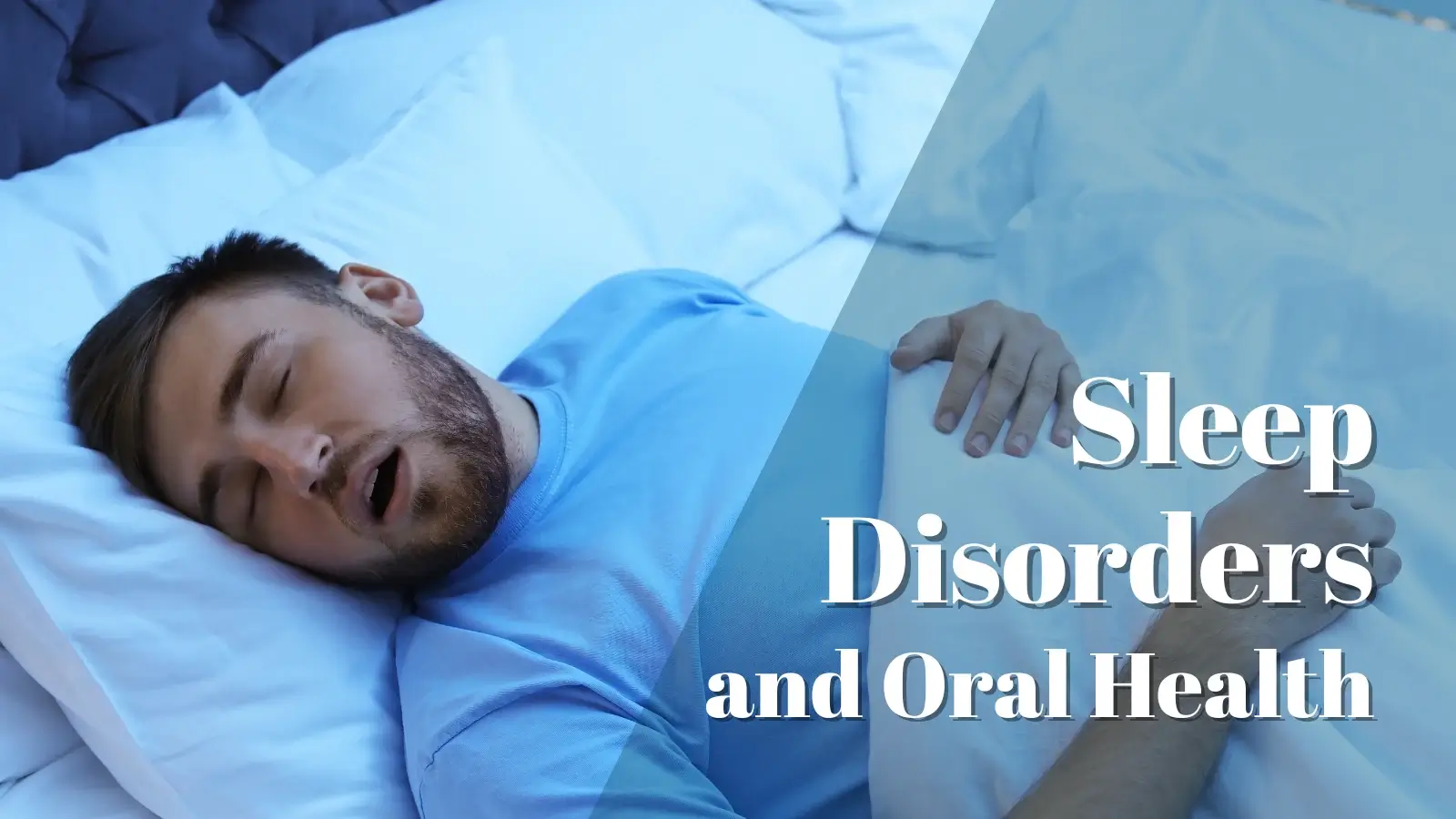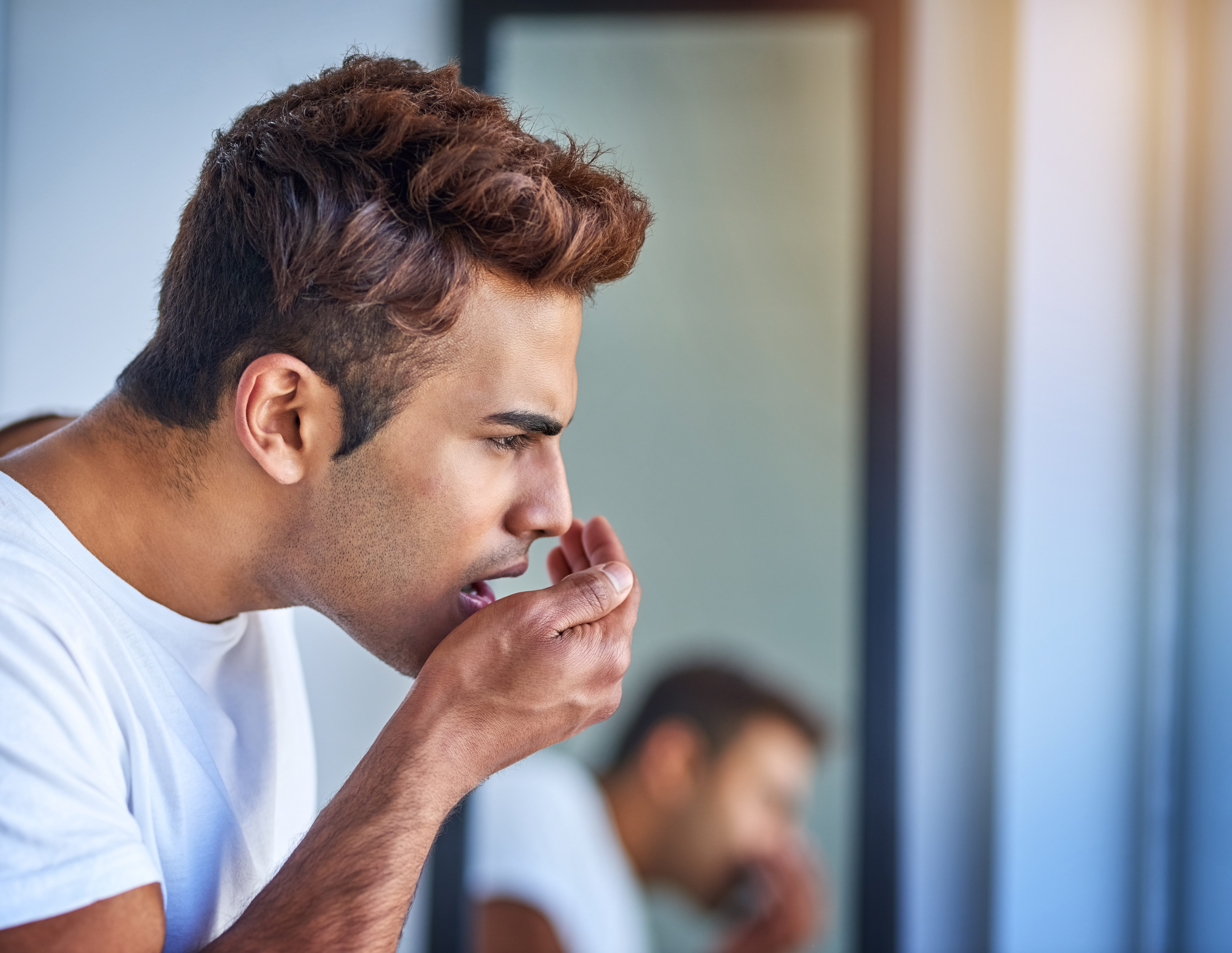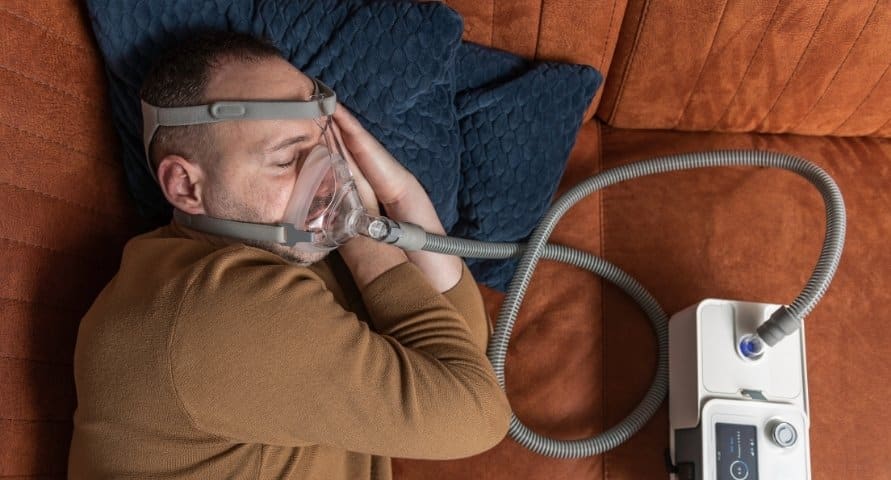245 11th Ave NE Hickory, NC 28601
Sleep Disorders and Oral Health: What You Need to Know?

Sleep disorders and oral health are interconnected aspects of overall well-being. Poor sleep can lead to various oral health issues, while dental problems can disrupt sleep quality. Addressing both areas together is essential for holistic health.
This blog aims to inform readers about how sleep disorders can affect oral health and how oral health can influence sleep quality. Understanding this relationship can help individuals take proactive steps toward better health.
Understanding Sleep Disorders
Sleep disorders encompass a range of conditions that impair sleep quality and duration. Common types include:
- Insomnia: Difficulty falling or staying asleep.
- Sleep Apnea: Breathing interruptions during sleep, often leading to loud snoring.
- Restless Leg Syndrome (RLS): An uncontrollable urge to move the legs while resting.
- Narcolepsy: Excessive daytime sleepiness and sudden sleep attacks.
Symptoms vary but often include fatigue, mood changes, and difficulty concentrating. Diagnosing sleep disorders typically involves sleep studies, questionnaires, and medical history assessments. Understanding these disorders is crucial for recognizing their impact on daily life.
The Impact of Sleep Disorders on Oral Health
Sleep disorders can significantly affect oral health. When people experience poor sleep, they may neglect their oral hygiene routines, leading to dental issues. Specifically, several oral health problems are linked directly to sleep disorders:
- Teeth Grinding (Bruxism): Many people grind their teeth during sleep, often due to stress or sleep disturbances. This can cause tooth wear, jaw pain, and headaches.
- Dry Mouth (Xerostomia): Sleep apnea often causes dryness by breathing through the mouth during sleep. This can increase the risk of cavities and gum disease.
- Gum Disease: Inadequate sleep can weaken the immune system, making the body less effective at fighting infections, including gum disease.
- Tooth Decay: Poor oral hygiene practices due to sleep disturbances can increase plaque buildup, resulting in cavities.
Maintaining good oral health is vital to counteract these issues. Regular dental visits and good hygiene practices can mitigate these risks.
The Role of Oral Health in Sleep Quality
Oral health significantly influences sleep quality. Dental issues, such as gum disease and misaligned teeth, can contribute to sleep disturbances. Pain from dental problems can make it difficult to fall asleep or stay asleep.
Oral appliances can also play a crucial role in improving sleep. Devices like CPAP machines help individuals with sleep apnea breathe more easily during sleep. Dental professionals can create custom oral appliances to keep the airway open and reduce snoring.
Additionally, individuals with untreated dental problems may find themselves waking up frequently during the night due to discomfort. Thus, maintaining oral health is essential for restful sleep and overall well-being.
Tips for Managing Sleep Disorders and Improving Oral Health
Managing sleep disorders while improving oral health involves adopting a holistic approach that includes lifestyle changes, diligent oral hygiene practices, and effective stress management techniques. Here are some practical tips to consider:
Lifestyle Changes
- Healthy Sleep Habits (Sleep Hygiene): Establish a consistent sleep schedule by going to bed and waking up at the same time every day. Create a calming bedtime routine that includes activities like reading or taking a warm bath. Keep your sleep environment comfortable, dark, and quiet to promote better rest.
- Importance of a Balanced Diet: A well-rounded diet can significantly impact sleep and oral health. Include foods rich in magnesium, such as nuts and leafy greens, to help with relaxation. Limit sugar intake to reduce the risk of tooth decay and avoid heavy meals close to bedtime, which can disrupt sleep.
Oral Hygiene Practices
- Regular Dental Check-ups: Schedule dental visits at least twice yearly for cleanings and assessments. Regular check-ups allow your dentist to catch potential problems early, reducing the risk of complications affecting sleep.
- Recommended Oral Care Routines: Brush your teeth twice daily with fluoride toothpaste and floss daily. Consider using an antibacterial mouthwash to reduce bacteria in your mouth. For individuals with sleep disorders, be especially mindful of your oral care routine, as disrupted sleep may lead to neglect in maintaining oral hygiene.
Stress Management Techniques
- Relaxation Techniques: Incorporate relaxation practices such as deep breathing exercises, meditation, or yoga into your daily routine. These techniques can help reduce stress, improve sleep quality, and promote better oral health by minimizing habits like teeth grinding.
- Limit Caffeine and Alcohol: Reduce the intake of stimulants like caffeine and alcohol, especially in the hours leading up to bedtime. Both can disrupt sleep and may exacerbate oral issues.
By implementing these strategies, you can effectively manage sleep disorders and enhance your overall oral health, leading to improved well-being.
Seeking Professional Help
When dealing with sleep disorders and oral health issues, consulting the right specialists is vital.
When to Consult a Sleep Specialist?
If you experience persistent sleep disturbances, consider consulting a sleep specialist. They can provide a comprehensive evaluation and suggest appropriate treatments.
When to Consult a Dentist?
Do not overlook dental issues that may affect sleep. A dentist can assess oral health and recommend solutions tailored to your needs. A multidisciplinary approach is essential for effectively addressing both issues.
Potential Treatments
Treatment options vary depending on the condition. Common treatments for sleep disorders include cognitive-behavioral therapy and medication. For oral issues, treatments may include dental cleanings, fluoride treatments, or sleep apnea appliances.
Sleep disorders and oral health are deeply interconnected. Addressing both issues can lead to better overall health and well-being. Proactive steps, such as maintaining good oral hygiene and seeking professional help, can significantly improve sleep quality and oral health. Take charge of your health today for a brighter tomorrow.




